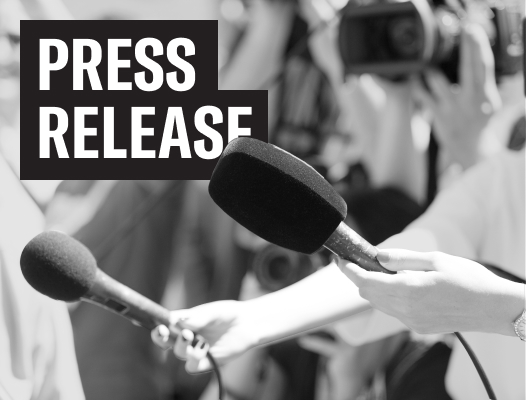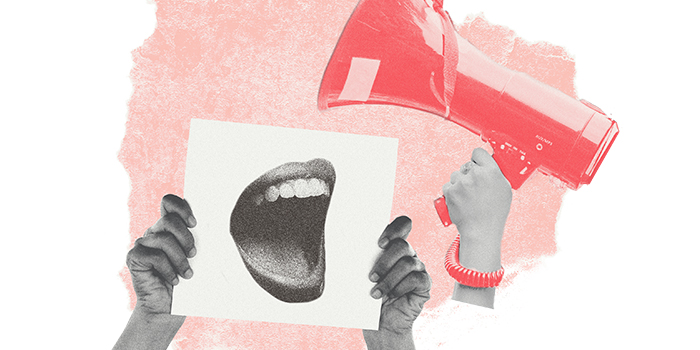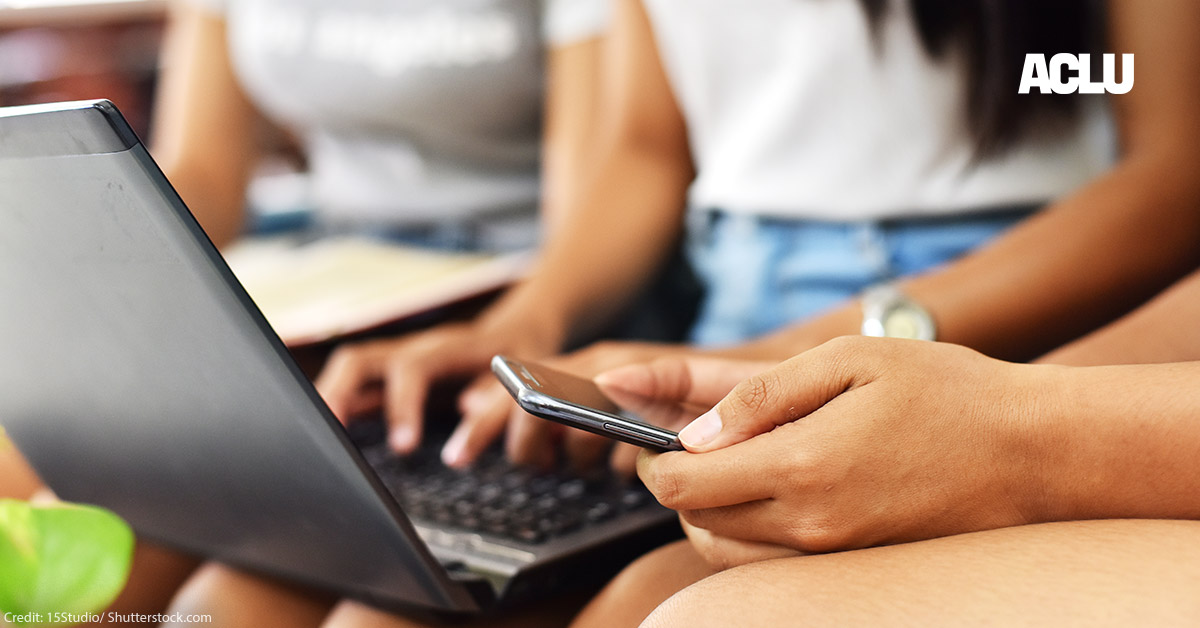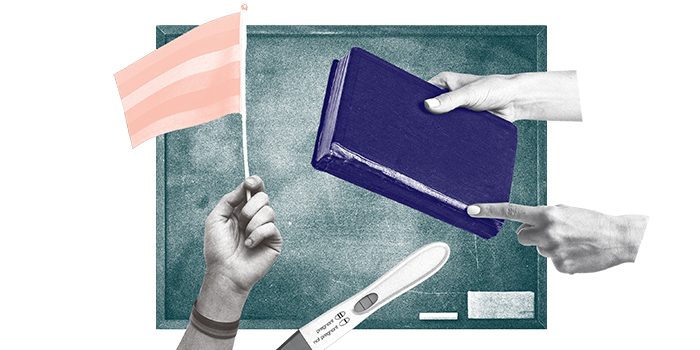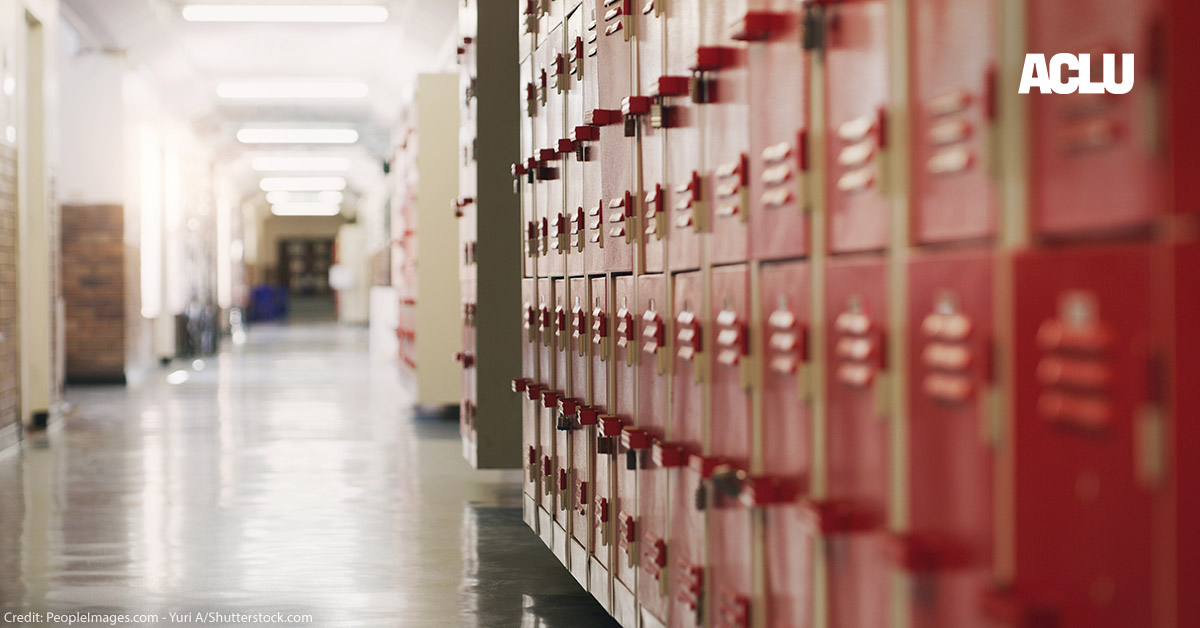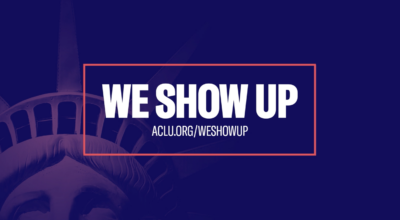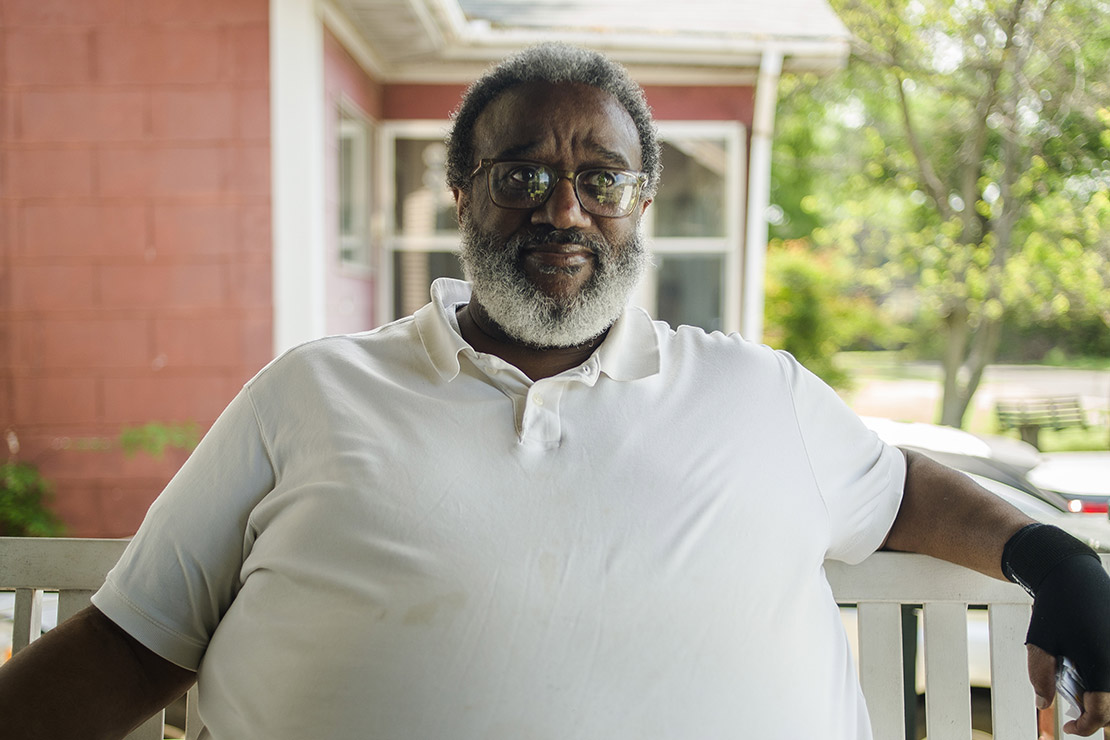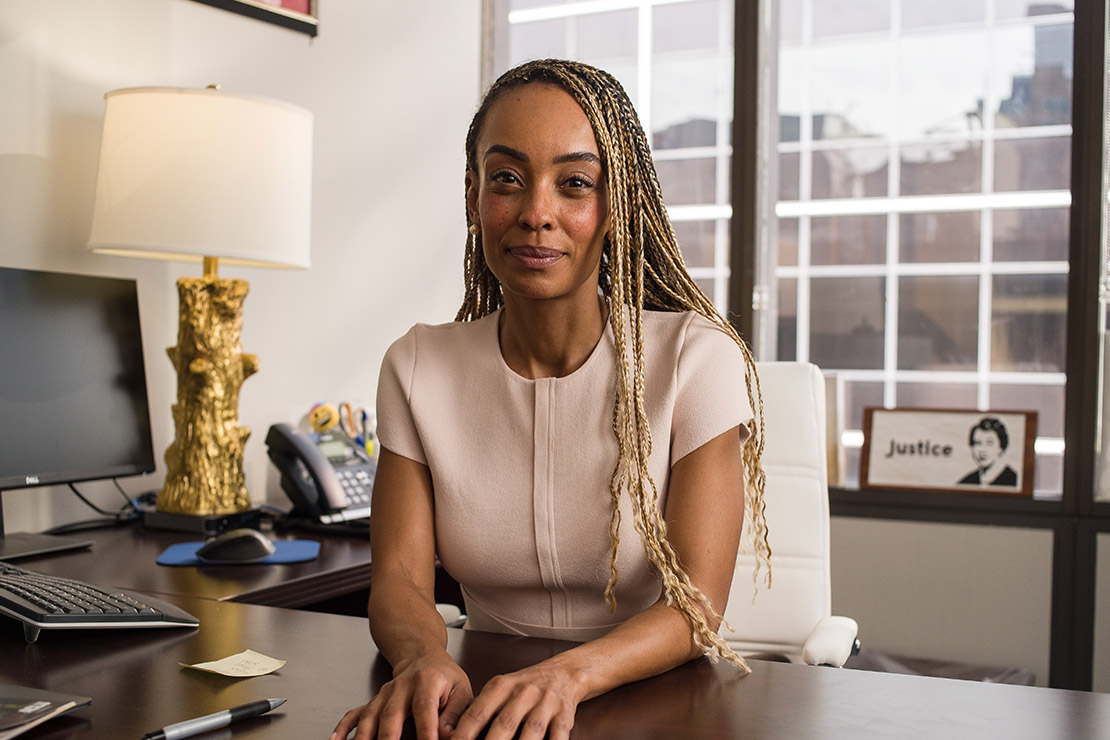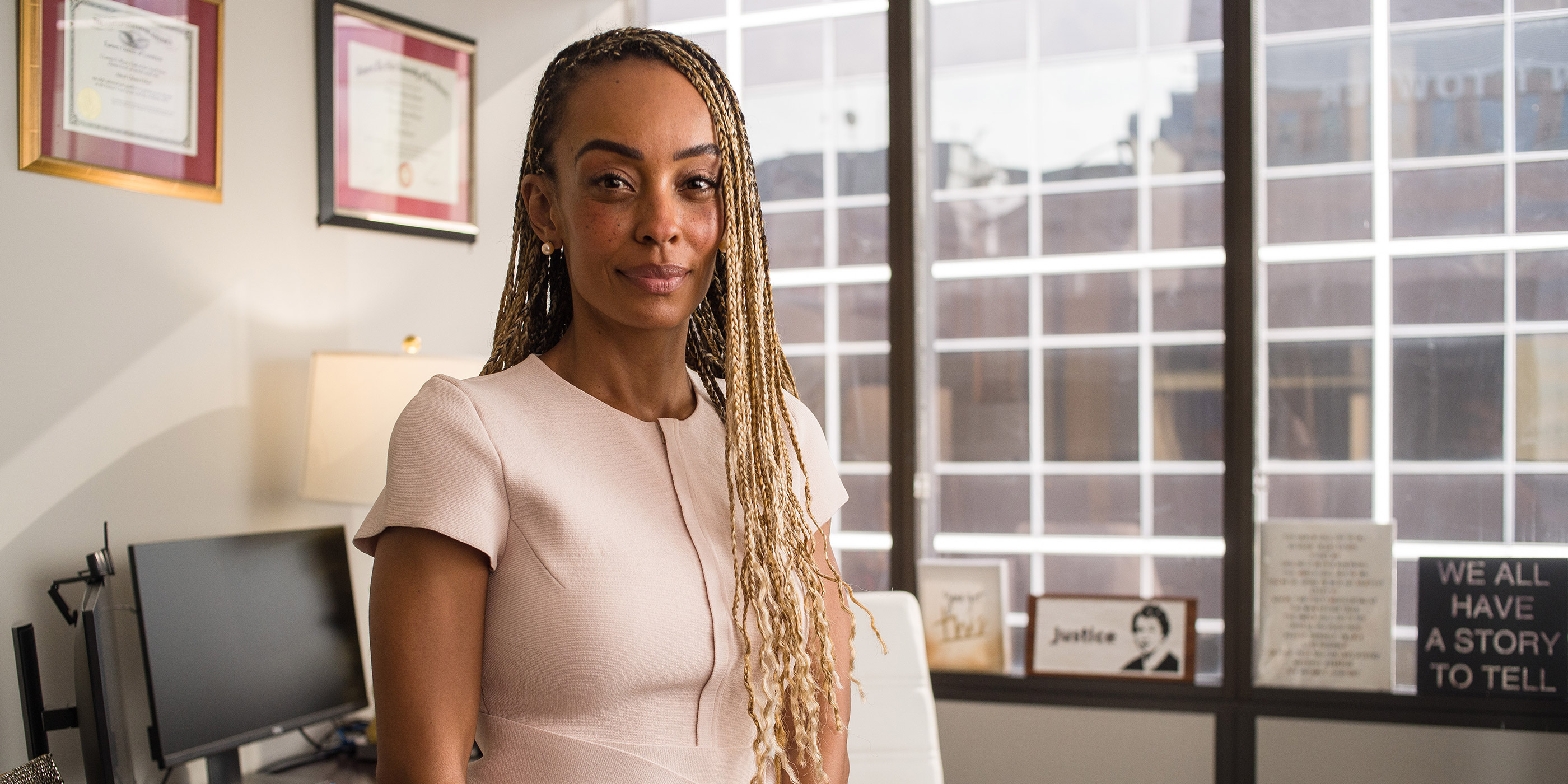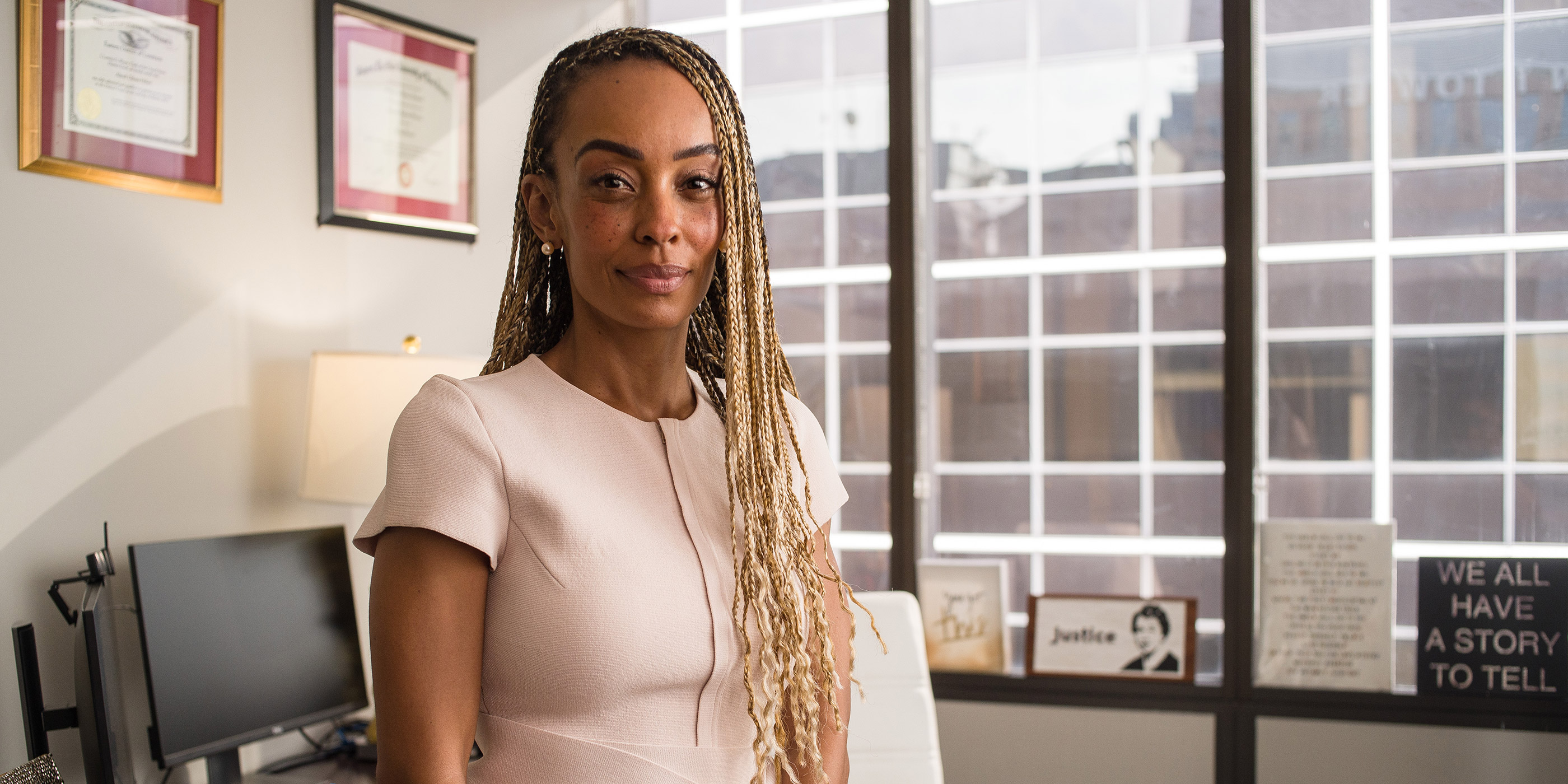From banning books to restricting classroom discussions about race and gender, politicians across the country have been busy censoring speech in the name of “protecting the children.” Now they also have their eyes on limiting access to social media.
Arkansas recently passed the Social Media Safety Act, which requires every person to verify their age before they can access existing social media accounts or create new ones. If a user cannot show they are at least 18 years old using a “commercially reasonable age verification method” — potentially including biometric screening or requiring government-issued ID — the law requires them to obtain parental consent to use social media. As the ACLU, the ACLU of Arkansas, and the Electronic Frontier Foundation explained in a friend-of-the court brief we recently filed in a challenge to the law, these requirements violate the First Amendment. They rob users of anonymity, pose privacy and security risks, and could be used to block some people from being able to use social media at all.
A wealth of communication and expression takes place online. Children and adults use social media to share news, opinions, and ideas; participate in social movements; interact with government representatives; explore their spirituality; and express themselves creatively.
While social media can create echo chambers, it can also expose people to ideas they wouldn’t otherwise encounter. Roughly 23 percent of adult social media users told Pew researchers that they “have changed their views about a political or social issue because of something they saw on social media in the last year.” Some social media use might harm a user’s body image, but it also allows people who don’t see their body types represented in mainstream media to share their talents and lived experiences with the world.
While social media can have negative consequences for some teens’ mental health, for others, it can be a lifeline. Paula Sojo’s TikTok account, for example, has become a community for people with chronic illnesses who might otherwise feel isolated and alone. And many young LGBTQ+ people who face discrimination and judgement offline turn to social media for community, exploration, and support. The First Amendment protects the right to engage in all of this speech.
If allowed to go into effect, the Arkansas law would prohibit users from accessing social media anonymously or under a pen name. Age verification requirements can deter even adults from engaging on social media because they worry about sharing additional personal data with social media companies, which could misuse the information or get hacked. And those who don’t have government-issued identification — undocumented immigrants, for example — might be unable to access social media at all. Additionally, the parental consent requirement violates kids’ rights to speak and receive information as well as adults’ right to hear what they have to say. Courts have struck down past government attempts to “protect the children” from all kinds of “dangerous” new communication technologies, from drive-in movies to video games, for these reasons.
The ACLU consistently fights against laws that purport to protect kids, but ultimately censor and chill speech. After the 1996 Communications Decency Act (CDA) made it a crime to engage in “indecent” or “patently offensive” speech online if the speech could be viewed by a minor, we filed what would become a seminal case on First Amendment rights in the digital age: Reno v. ACLU. We argued, and the Supreme Court ultimately held, that the First Amendment applies with full force online, and the risk that minors will see indecent communications doesn’t justify censoring the internet when alternatives that restrict less speech are available.
The same is true for parental consent requirements. In 2011, the Supreme Court struck down a state law that prohibited the sale or rental of violent video games to minors — but allowed adults to purchase games for minors — on First Amendment grounds. The court explained that the law was not simply enforcing parental authority over what their kids could access; it was imposing what the government thought parents ought to want their kids to see.
Of course, some parents (and some minors) might decide that the negative consequences of social media use outweigh the benefits. They might choose to impose limitations on their children’s — and their own — social media use. For example, they might forbid their children from using social media until they reach a certain age or level of digital literacy, impose time limits, or leave all devices in a separate room before bed. But those decisions are not for the government to make.
We urge the Western District of Arkansas to protect adults’ and kids’ right to access social media. We all have the right to speak and read about everything from upcoming protests to violin tips to challenging Arkansas’ law.
Date
Tuesday, August 1, 2023 - 1:45pmFeatured image

